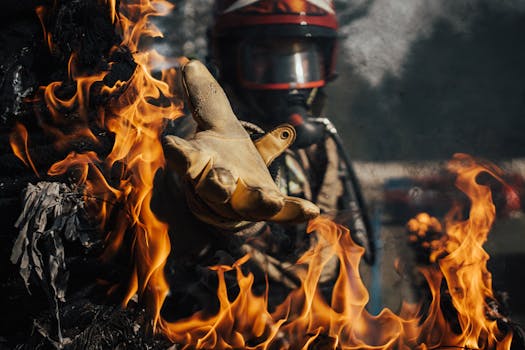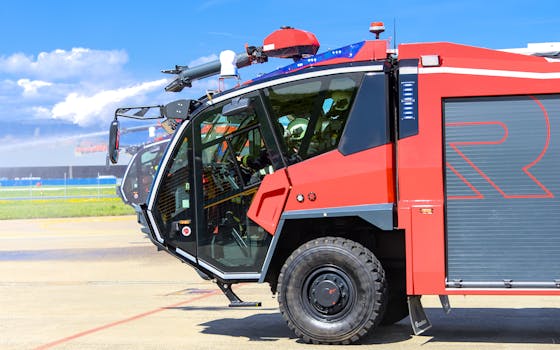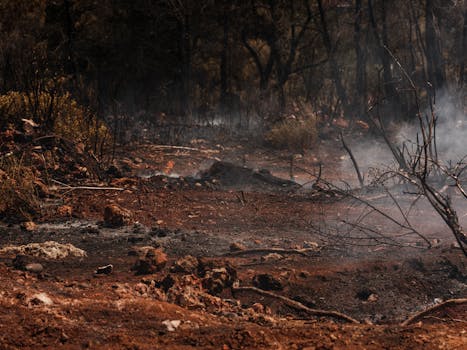You could take a college course before applying to join the fire service as a trainee, though this is not essential.
Courses include:
- public services
- fire and rescue services in the community
Entry requirements
Entry requirements for these courses vary.




